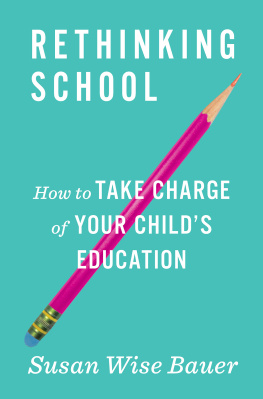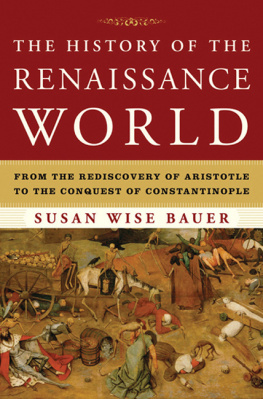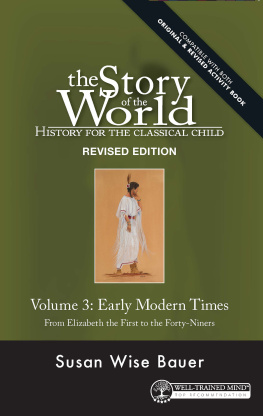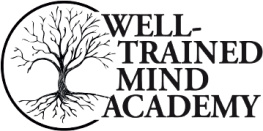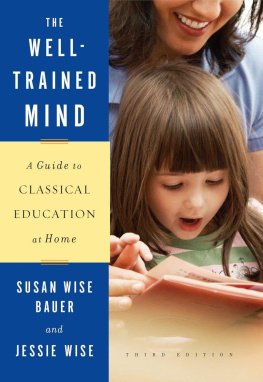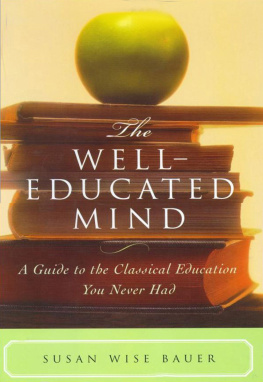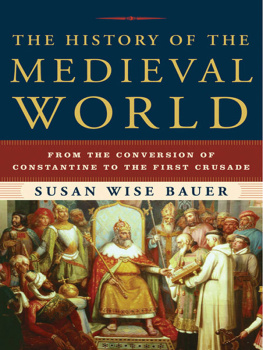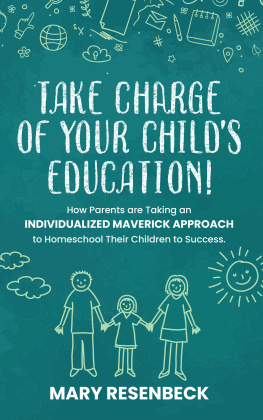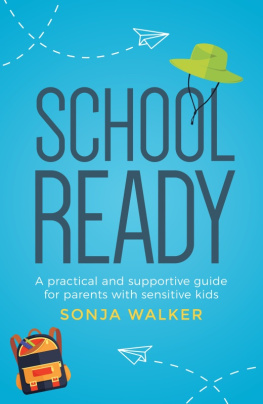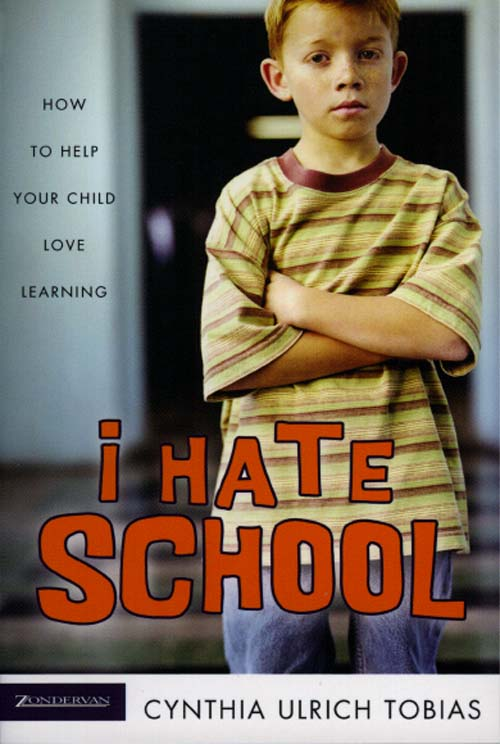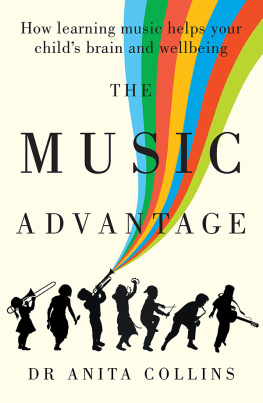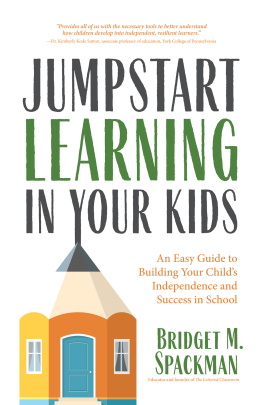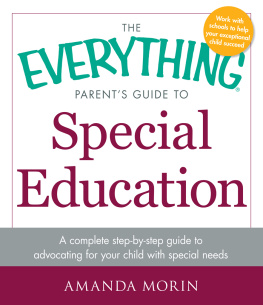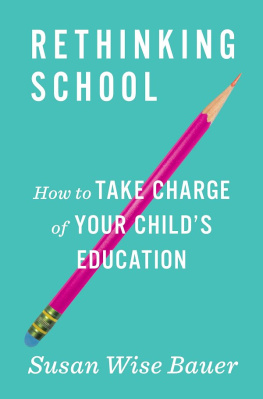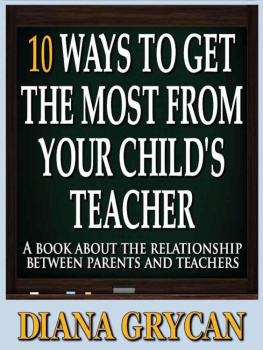
ALSO BY SUSAN WISE BAUER
The Well-Educated Mind:
A Guide to the Classical Education You Never Had,
revised and expanded ed. (W. W. Norton, 2015)
The Story of Western Science: From the Writings of Aristotle
to the Big Bang Theory
(W. W. Norton, 2015)
The History of the World Series
(W. W. Norton)
The History of the Ancient World (2007)
The History of the Medieval World (2010)
The History of the Renaissance World (2013)
The Art of the Public Grovel:
Sexual Sin and Public Confession in America
(Princeton University Press, 2008)
The Story of the World: History for the Classical Child
(Well-Trained Mind Press)
Volume I: Ancient Times, rev. ed. (2006)
Volume II: The Middle Ages, rev. ed. (2007)
Volume III: Early Modern Times (2003)
Volume IV: The Modern Age (2004)
The Writing with Ease Series
(Well-Trained Mind Press, 20082010)
The Writing with Skill Series
(Well-Trained Mind Press, 20122014)
The Grammar for the Well-Trained Mind Series
(Well-Trained Mind Press, 2017)
With Jessie Wise
The Well-Trained Mind: A Guide to Classical Education at Home,
4th ed. (W. W. Norton, 2016)
O ver the course of four years, high-school students are expected to complete a certain number of credits in several different areas.
Lets start with some definitions:
Credit
Generally speaking, one high school credit equals one year of work in a subject. This is considered to be 120 full hours of instruction (thats approximately 160 forty-five-minute class periods).
This standard was established in 1906 by the Carnegie Foundation for the Advancement of Teaching, so youll sometimes see 1 credit/120 hours referred to as one Carnegie unit.
So remember: 120 hours/160 class periods/1 credit/1 Carnegie unit.
One semester of college work is usually considered to be the equivalent of one year of high-school work. So students who take a regular level college class (not a remedial class) can be awarded one credit for a one-semester course. One year of a college language, for example, can serve as two foreign language credits in high school.
Areas and subjects
Each subject studied in high school falls within an area.
The core areas of content (every student must take them, sooner or later) are language arts, maths, social sciences, natural sciences, foreign languages, and physical education.
The elective areas (not necessarily required in order to graduate from the K12 system) are fine arts, practical arts, and business.
| Core Areas | Subjects |
| Language Arts |
| Reading Phonics Literature Writing Handwriting Composition Rhetoric Grammar Spelling Vocabulary |
| Maths |
Arithmetic (calculations: anything that can be done with concrete numbers, or integers) Operations (addition, subtraction, multiplication, division) Geometry Mathematics (the larger field of numeric work) Algebra Pre-calculus and calculus Trigonometry |
| Social Sciences |
History (including state history, in the U.S.) Geography Government Social studies Citizenship Civics Economics (including personal finance) |
| Natural Sciences |
Biology Chemistry Physics Earth science Geology Environmental science Oceanography Meteorology (sometimes combined with earth science and/or geology) Labs (hands-on) |
| Foreign Language |
Study of any language other than English |
| Physical Education |
Instruction in sports General fitness Health Nutrition |
| Elective Areas |
| Fine Arts |
Music Art Theater Dance Graphic design |
| Practical Arts |
Shop Drivers education Technology |
| Business |
Accounting |
| Other |
Computer programming Logic/thinking skills Test preparation |
Required high school
The following table shows a list of the courses that most students are expected to complete over four years of high school. Each credit represents one year of work.
This table is a compilation that exceeds graduation requirements in almost every U.S. state, and represents the average credit accumulation that most college admissions offices hope for. But always check with your local department of education for graduation requirements, and always check with colleges that your child might want to apply to for their admission requirements.
| Area | Required Credits/C-Units | Subjects |
| Language Arts | 4 | Literature, writing, grammar, composition, rhetoric |
| Mathematics | 34 | Algebra, geometry, advanced maths |
| Foreign Language | 24 | Ancient or modern languages |
| Social Sciences | 4 |
| 1 | World history |
| 1 | American history |
| 1 | American government |
| 1 | State history |
| Natural Sciences | 34, at least 2 of which include lab work | Biology, chemistry, physics, etc. |
| Physical Education | 2 |
| Electives | | Any area |
How does this relate to actual academic work?
Time spent on reading, writing, grammar, spelling, and vocabulary can all count toward the language arts credits. The actual classes taken can be literature classes, or rhetoric/expository writing/creative writing classes, or other classes centered around reading and responding in written prose.
Algebra 1, geometry, algebra II, and upper-level mathematics all count toward the mathematics credits. Pre-algebra isnt counted for high-school credit, even if taken in ninth grade. (Some states allow pre-algebra to be an elective, but not a math credit; no college admissions officer will give pre-algebra much weight.)
Foreign language credits can be any modern or ancient language, and the two (plus) credits should be two consecutive years (or more) of the same language. Some universities accept ASL or another sign language as a foreign language, as long as it meets the two-consecutive-years standard. Some will also accept programming languages as fulfilling the foreign language requirement, but as of this writing, that policy is still unusual.
World history can be ancient, medieval, Renaissance, or modern.
Science can be biology, chemistry, physics, meteorology, oceanography, environmental science, or any topics that are subsets of those. Generally speaking, physical science and earth science are not considered to be high-school level, even when taken in ninth grade or later. They are considered lower levels, respectively, of physics and meteorology/oceanography/environmental science.
Physical education credits range from physical fitness, to instruction on nutrition and fitness training, to training in team sports and the dreaded dodgeball.
Electives are made up of additional high-school credits beyond those listed in the core areas. For example, if a high-school student takes expository writing and American literature, she would earn two language arts credits on the high school transcript. One credit would fulfill the language arts requirement for that year; the other could go either toward an additional language arts credit, if needed, or be placed in the electives total.
Next page
